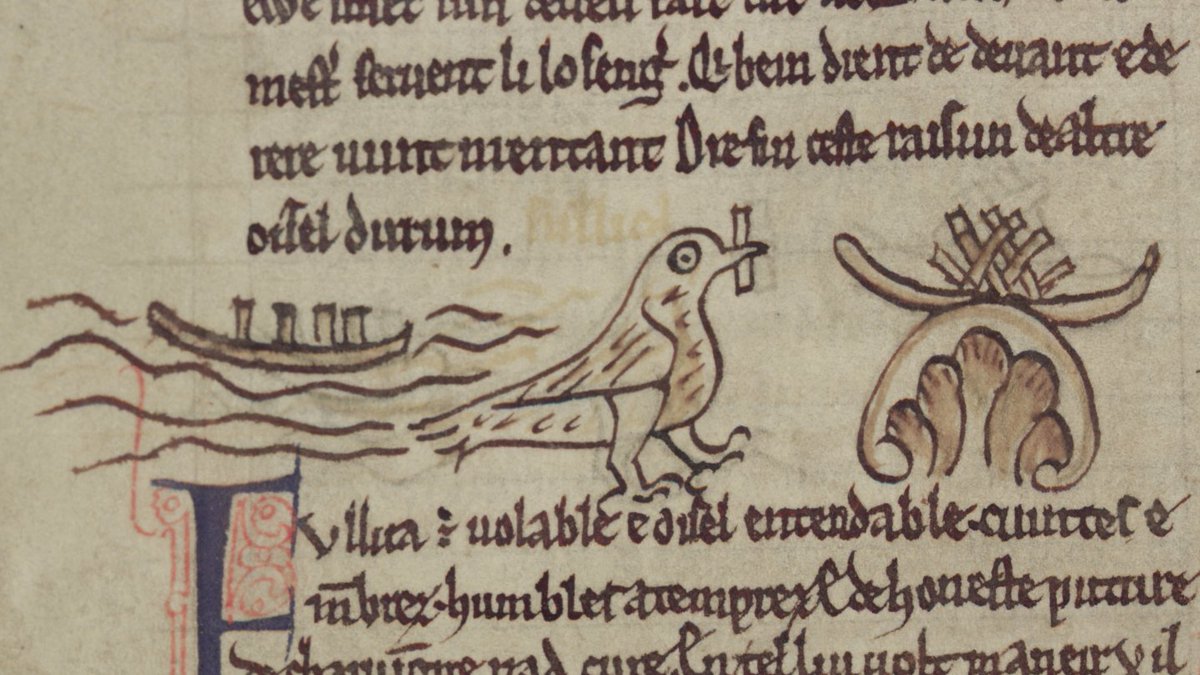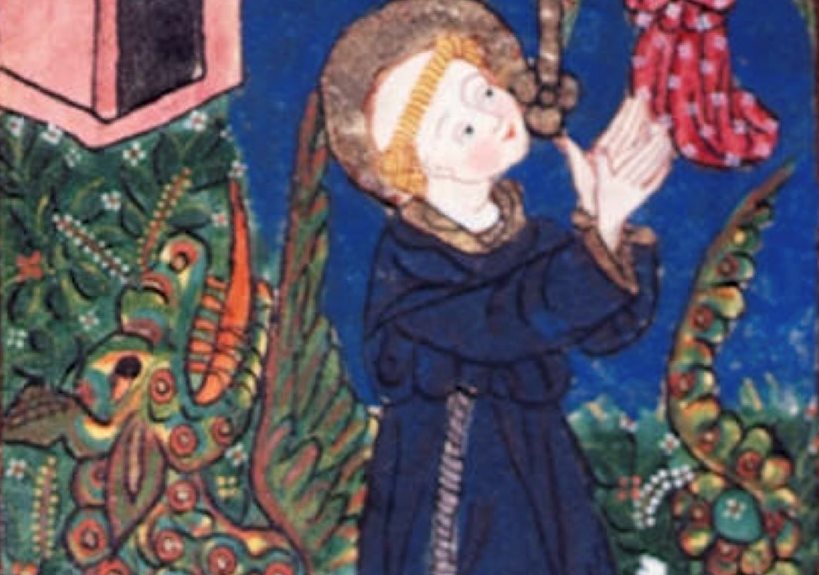Please join us for two online talks hosted by the Centre for Manuscript and Text Cultures at The Queen’s College in the University of Oxford. Our centre promotes inter-disciplinary discussion among scholars and students interested in manuscripts and material culture in the premodern world. So your participation is most welcome regardless of your field of specialty.
We are meeting on Zoom on Tuesday 19th October at 12,30-2,00pm (UK time).
- Laura Banella (Mediaeval & Modern Languages, Wolfson College, Oxford)
“The Materiality and Textuality of Medieval Italian Lyric Poetry”
The physical act of copying, editing, printing, annotating, and circulating literature has the power to create and construct an intellectual figure as an author, an auctor and an auctoritas, that is, an author as “creator” and “cultural authority”. Through a selection of Dante’s and Petrarch’s texts in material contexts, and specific instances of the circulation and reception of their lyric poetry, this talk explores medieval and early modern authoriality; the qualities of books as “textual objects”, and the ways in which context, form, and annotation in single books may bestow cultural authority upon authors and works, at a time when lyric poetry was a key-genre in the cultural system. In the late Middle Ages and in the Renaissance, Dante and Petrarch were the two main authors governing the Italian cultural field, especially as regards lyric poetry, and they soon enjoyed international success. Dante and Petrarch have been appropriated, rewritten, and repurposed by various literary, political, and ideological movements across centuries, shaping a transnational European cultural identity. What is more, the in-between space of multi-text and multi-author volumes is a repository of meaning and large cultural discourses: the significance of the order and selection of medieval lyric poems, and the meaning of lyric sequences is one of the crucial issues in literary hermeneutics, both for authorial and non-authorial collections.
- Zhan Zhang (Oriental Studies, St Antony’s College, Oxford)
“Form, Format, and formulae. Scribal conventions in first-millennium central Asia”
Central Asia in the first millennium CE, for the most part, was politically fragmented, and saw the flourishing of a number of (semi-)independent city-states, which produced secular documents in a multitude of languages/scripts, including Gandhari/Kharoshthi in Loulan, Khotanese/Brahmi in Khotan, Tocharian/Brahmi in Kucha, Sogdian/Aramaic in Sogdiana, and Bactrian/Greek in Bactria. A fairly large number of these documents have come to light in the last century or so, and received philological treatments individually or as a group. A synthetic analysis across the linguistic boundaries, however, is still lacking. In my talk, I will demonstrate that these documents display a number of common features in terms of form (materiality), format (diplomatics), and formulae (wording). Examples include notches on double wooden slips, sealing practice, indentations in letters and official orders, clauses and their sequence in purchase contracts, and shared technical lexicons of administration. All of these commonalities point to a shared scribal convention, the origin of which can be traced back to the Kushan Empire. I will further explore the implication of this attribution for our understanding of the history of first-millennium Central Asia.
Here
Attendance is free of charge but sign-up is mandatory. You can sign-up here.
We will send a Zoom link to all participants by the end of the week.








